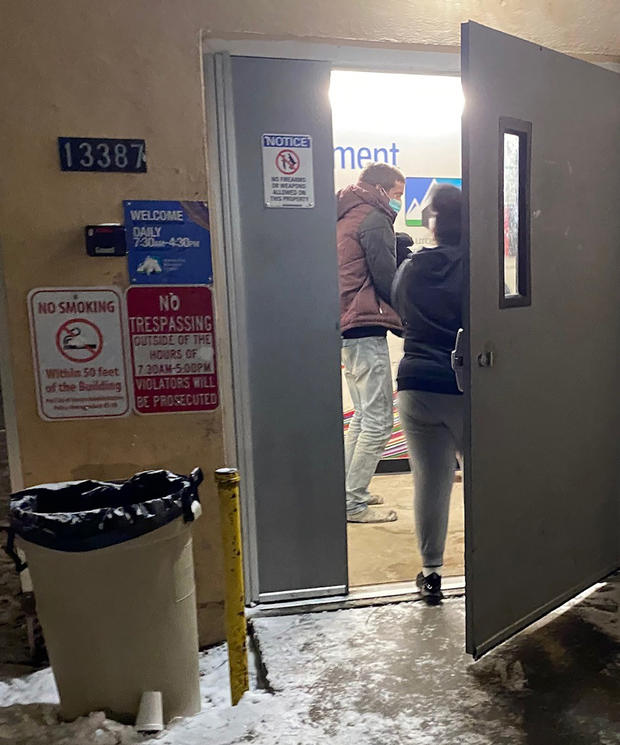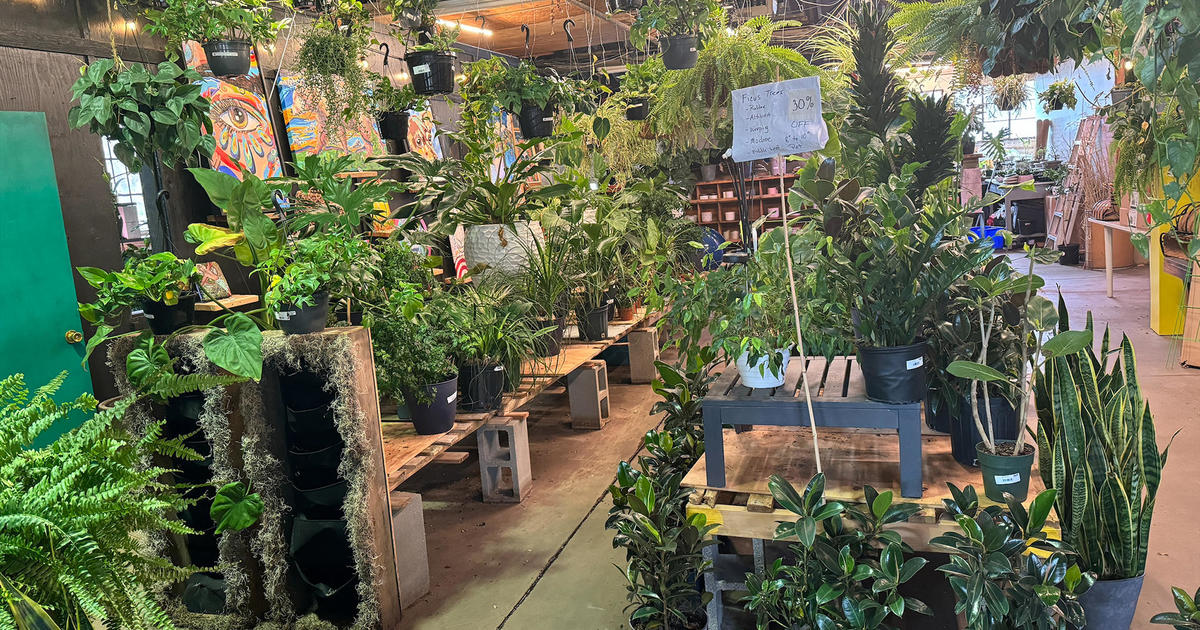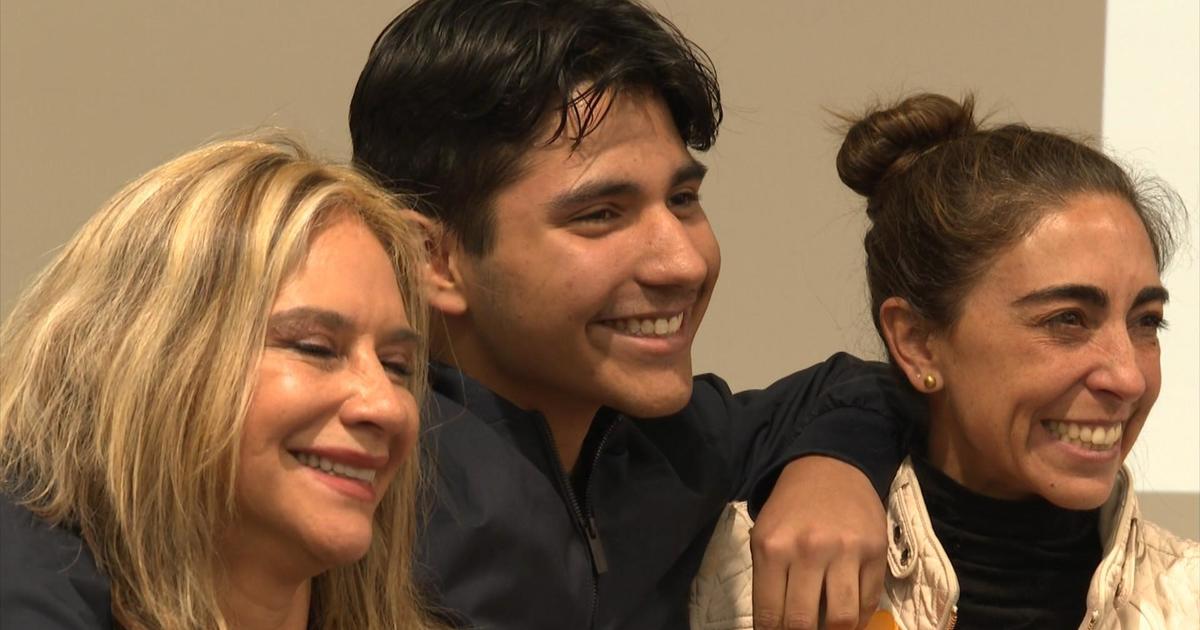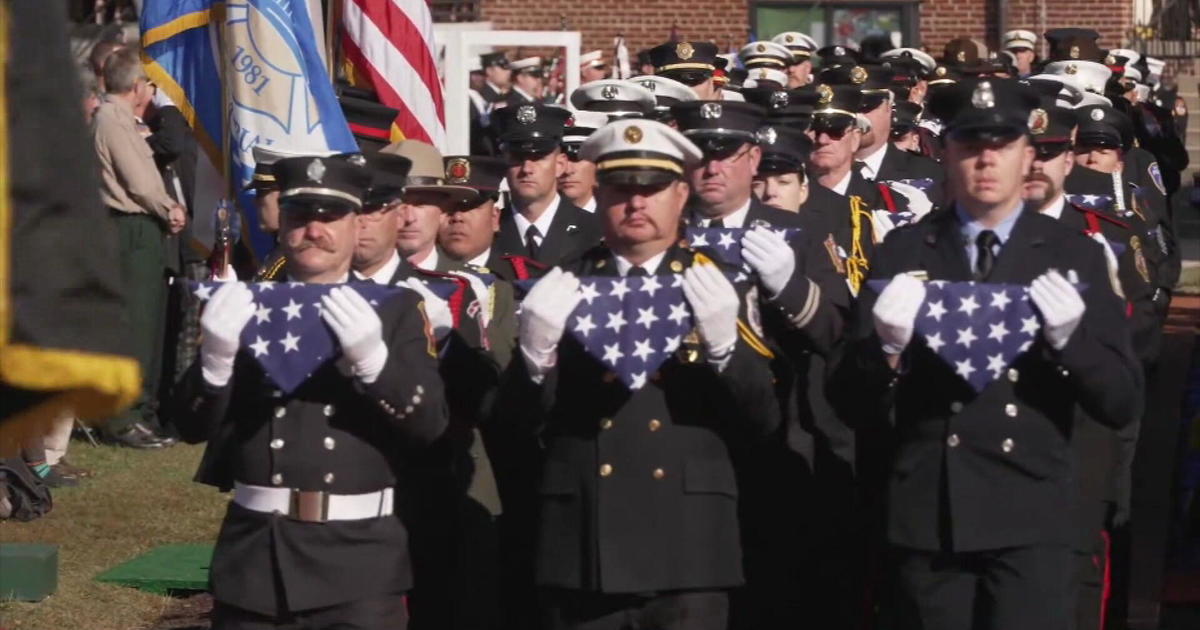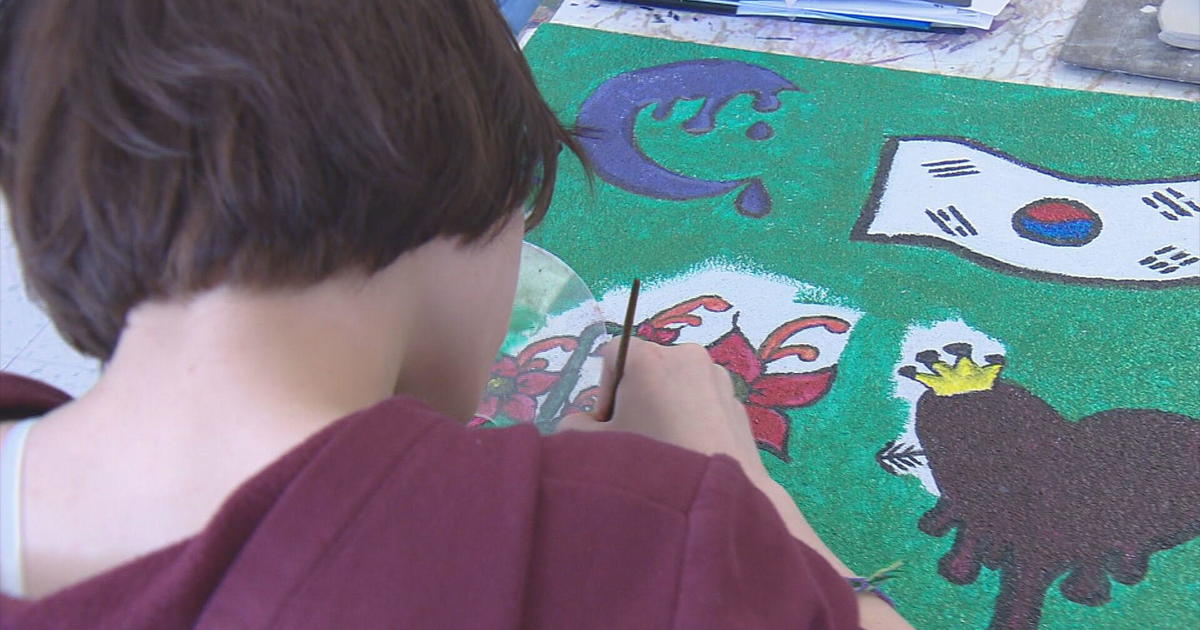Deep Freeze Especially Dangerous For People Experiencing Homelessness
AURORA, Colo. (CBS4) - They walked in, were driven in, wandered in, or in one man's case, padded in wearing only socks.
"We're probably going to reach probably about fifty," said Rochelle Nadeau, director of hope for Mile High Behavioral Health as she looked over the people spreading out on the floor in the Aurora Day Resource Center. The center has been activated as an emergency shelter for three nights in the depths of this winter storm.
Typically, it's a center for help for people experiencing homelessness during the day only. But with temperatures expected to be below zero early Thursday, homeless assistance organizations around the metro area were making arrangements and working in the cold to help.
"This is when we see people that could die," said Nadeau.
"I've been living in a tent for the past 14 years," said Micheal Dutton.
His life has been a wash of early victimization and emotion and rejection he explained. In his late twenties now, he went out on his own as a young teenager.
"I left home voluntarily because of sexual abuse," he shared.
At times he's slid into self-destruction, but clear eyed he explained he's been clean and sober for six years. But with rents high and not currently working there's no place indoors for him, except this.
"It's life or death when it gets cold like this. You're either in somewhere warm or you freeze to death." Michael knows that well. In his first year homeless and in a tent he suffered second degree frostbite. "I was in a wheelchair for about six months before the therapy was able to help."
Another time he found a friend dead in a neighboring tent from hypothermia. He was given a sleeping pad and blanket and spread it out on the old gym floor.
"I'm thankful I went over next door and they gave me a place in here," he said.
"It's not something to play with. It's a life or death situation," said Nadeau. They take in people who say they will abide by the rules. There is a metal detector to check for weapons. Many who arrive at the door are brought by advocates who go to homeless encampments to warn them or police who bring them in from a bad spot. There are many veterans among them says Nadeau.
"Some people just are in hard knocks. They were housed a couple days ago and now they're not. COVID really hit some people pretty hard. People that always had been just barely making it and now with COVID and the loss of wages and things like that all of a sudden they find themselves homeless."
Some came to Colorado from out of state seeking work, found it, but then discovered the wages aren't enough to afford an apartment. Sometimes people who drop in looking for shelter are not willing to abide by the rules.
"We always feed them," said Nadeau. But if they cannot abide, they are offered clothing like coats, warm socks and hand warmers.
Homelessness is spreading from the core of Denver to places like this, on the east side of the Fitzsimmons medical campus.
"We see it in Brighton, we see it in Commerce City, Adams County, Arapahoe County," began Nadeau with a list that went on and on. "It often focuses a lot that it's all in Denver, but it really is all over our state" The Comitis Crisis Center run by the same group for families is nearby and often full.
This night the Aurora Day Resource Center was a nighttime lifesaver. With staffers working on a cold day when many people had the day off. Offering a conversation and asking questions like, "Do you need some food?"
"They just can't survive out there like that. And they shouldn't have to. I mean they're people," said Nadeau.
